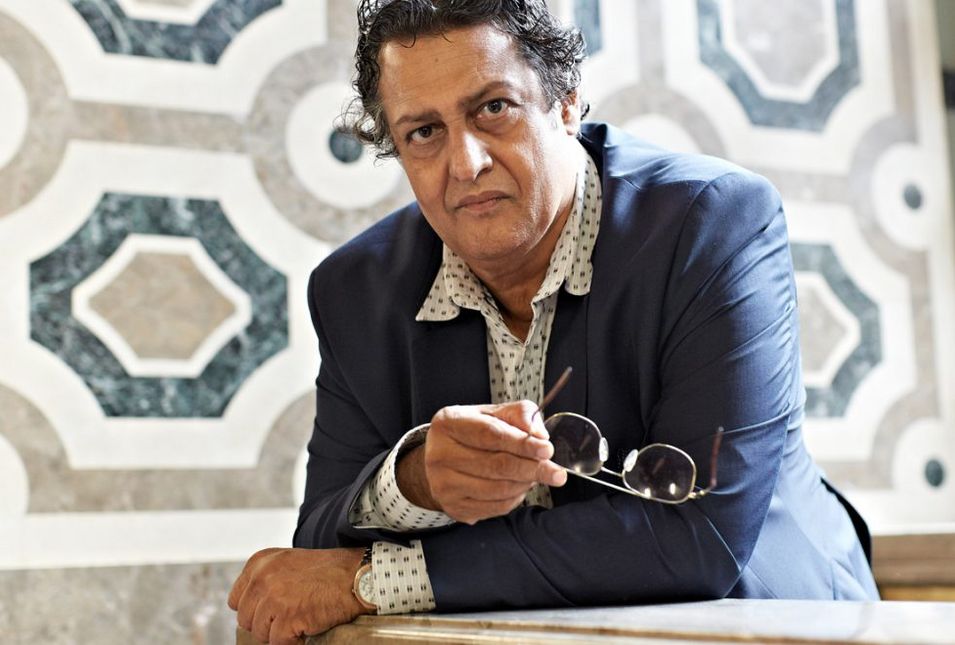Commitment for a multicultural and lively hometown

The fight for the weak
Today he is chairman of the board of the Saxon Refugee Council, sits on the Federal Migration Committee of the german trade union ver.di and on the State Migration Committee, and is chairman of the Integration and Foreigners' Advisory Council of the City of Dresden. He also works as a community interpreter. He is always there when someone who is a stranger needs him. Because he himself has experienced strangeness. Suspicious looks already during the times of the GDR, but even more so after the fall of the Berlin Wall. Because the new freedom, as Jinah says, is obviously based on a misunderstanding. After all, it was not fought for the purpose of harassing minorities.
One July evening, he is provoked on the street by a group of skinheads: "Turks are pigs," they shout, because they think he is a Turk. One of them slams him against the wall and strikes. None of the bystanders help. Nobody picks up the phone. This is what makes Jinah sad to this day. When people look away. When he goes to the station, the duty officer tells him, "Well, it could be a xenophobic delusion." And that without a doctor's certificate he unfortunately could not take the case. But if he would come back the next day... Jinah feels humiliated. It is not the only time.
One time he witnesses young people on the tram calling foreigners parasites. He speaks up and says that he does pay taxes and social security contributions. "Shut up!" says one of the youngsters and pulls out a knife. Jinah apologizes and says he's taking it all back.
When around 350 people start the Pegida Monday demonstration on October 20, 2014, he is the only counter-demonstrator. A short time later, there are already thousands. To this day he is present at every counterdemonstration, giving speeches, showing his face. Jinah says he fights to the last. Not for himself, but for future generations. For a Dresden as it could be. And as it is in many parts of the city. That people don't understand: "Happiness is not material prosperity, but the inner attitude towards fellow human beings and the environment."
He tries not to get angry because it is poison for the body. Instead, he takes things as they are and meditates against hate. In his time as a street worker, the xenophobic youngsters thought of him with nasty sayings, he always remained gentle and friendly. Let their negative power slip into the void. But when he had a day off, they would ask if he was ill - which, if you like, is already a certain sign of sympathy. "Do something in life and stay away from aggression," he tried to teach them. And now, many years later, he sometimes sees them on the street with their wife and child, and they still call him 'dude' ("Alter") and ask what "goes on". "Busy," he usually replies.
copyright:
brand eins Wissen / Macher Sachsen - Wir fangen schon mal an!
text: Andreas Wenderoth, photos: Michael Hudler
